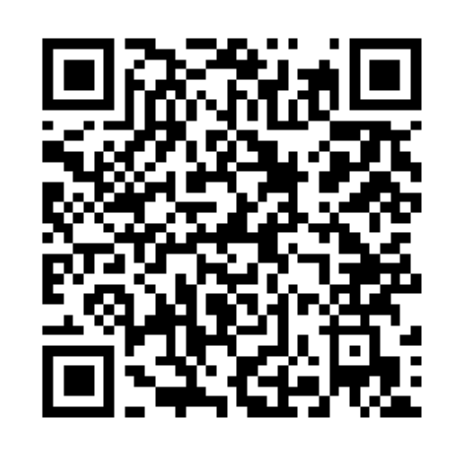Panels

Call for Sections/ Panels/ Workshops
SUBMISSION GUIDELINES & PROCESS
We invite proposals for:
• Thematic Sections: Organized sessions featuring 4-8 presentations around a specific theme
• Panel Discussions: Roundtable discussions with 3-5 panelists addressing a focused topic
• Workshops: Interactive sessions for skill-building or collaborative work
PROPOSAL REQUIREMENTS
Section/ Panel proposals should include:
Title of the section/ panel/ workshop
Description (100-500 words) outlining:
• The rationale and relevance of the topic
• Key questions or themes to be addressed
• Theoretical and/or methodological approaches
• Expected contribution to the field
Format: Section, Panel, or Workshop
Organizer(s) information:
• Name(s) and affiliation(s)
• Contact information
Expected number of presentations (for sections)
EVALUATION CRITERIA
Proposals will be evaluated based on:
• Relevance to conference themes
• Academic quality and innovation
• Clarity and coherence
• Interdisciplinary potential
• Contribution to scholarly dialogue
IMPORTANT DATES
- Section/Panel/Workshop Proposal Deadline: 30 April 2026
- Notification of Acceptance: 15 May 2026
- Call for Papers Release: 20 May -1 September 2026
- Notifications of acceptance: 1-15 September2026
- Registration and fee payment: 16 September-20 October 2026
- Conference Dates: 4-7 November 2026
We look forward to receiving your innovative and thought-provoking proposals for ACUM 2026!



